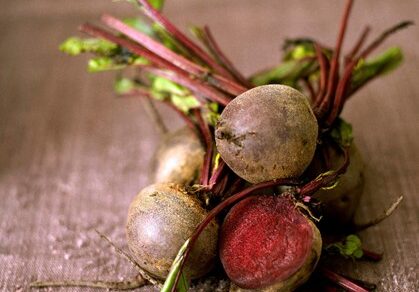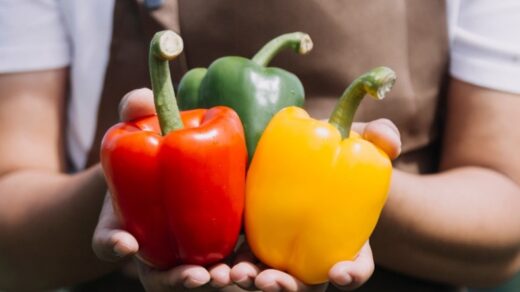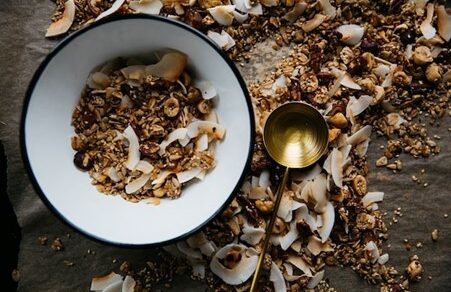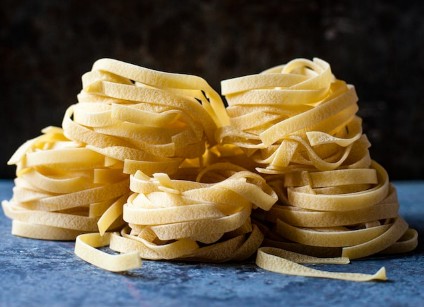
While pasta may have originated in Italy, it is one of the most popular food items in the United States, with 24% of global pasta consumption being from Americans. Some Americans aren’t able to enjoy standard noodles, though, due to restrictions like food allergies or diets. Luckily for them, as one of the oldest organic food companies in North America, Eden Foods has created a variety of pastas that are organic, non-GMO kosher, egg-free, and dairy-free in order to provide appealing options for a variety of different tastes and dietary restrictions.
What Kinds of Pasta Does Eden Foods Offer
Pasta lovers, rejoice! The organic company offers 26 different pastas, which provide customers with a wide range of options to choose from for their meals.
Italian-Style
There are 12 different available kinds of Italian pastas, each of which come in the following shapes:
- Rigatoni (large tubes)
- Ditalini (small tubes)
- Elbow
- Traditional spaghetti
- Spiral
- Gemelli (twisted)
- Ribbon
- Colorful alphabet (A through Z letters)
Each of these will differ in their ingredients, their coloring, and how much salt is added.
Japanese-Style
The other 14 kinds of pasta originated in Japan, but the company has added their own special touch to these products. Udon, a thick noodle made from wheat flour, and soba, a thin noodle made from buckwheat, both rose in popularity during the 17th century, with soba being more popular in eastern Japan while udon was king in western Japan.
The Japanese-style pasta comes from two different places: the Sobaya Company in Montreal and directly imported from the Tanaka family in Japan. Each of these places make seven varieties of udon or soba noodles.
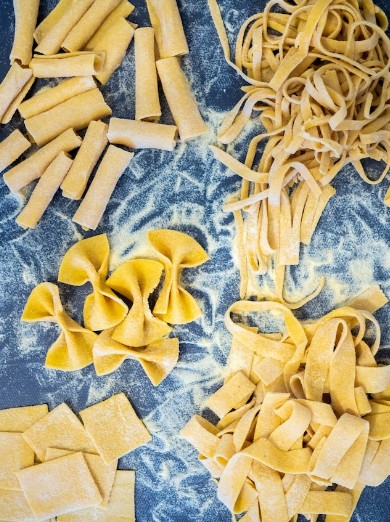
Options for Those With Dietary Restrictions
According to Forbes, about three million people in the United States choose to follow a diet that is free of gluten or wheat. Companies like Eden Foods understand this, which is why they provide some of their pastas with wheat-free ingredients.
- Rice (bifun) pasta: rice, or bifun, pasta is made with white rice flour. They are thin, translucent, and a good source of protein. They are perfect for summer salads or as noodles in a nice soy sauce broth.
- Mung bean (harusame) pasta: mung bean, or harusame, pasta is made with this popular Asian legume. It’s very popular in soups throughout Asia and has a creamy, chewy texture that is delightful to eat.
- Kuzu pasta: kuzu is a wild root that is native to many Asian countries and has been used in Eastern medicine for years. It’s known for soothing and strengthening the body.
Unless otherwise noted, the organic pastas will contain wheat or gluten. The company has color-coded their boxes to make it easier to identify what ingredients are used.
Gold boxes contain 100% whole grain, blue boxes contain 60% whole grain, and green boxes contain no whole grain, using high quality durum and semolina wheat flour instead.
Free of Preservatives
The organic pastas only contain whole ingredients. Sometimes they will contain salt, but other additives, including MSG, are never used.
Some of the pastas are colored with natural dyes, which are obtained from foods such as spinach, beets, carrots, or annatto. Natural amber and gold coloring comes from whole grain kamut wheat, whole grain durum wheat, or golden amber durum wheat semolina flour.

